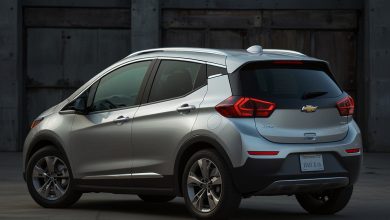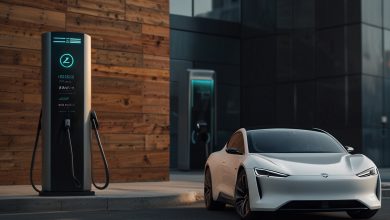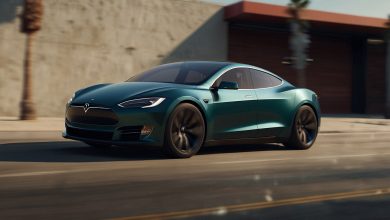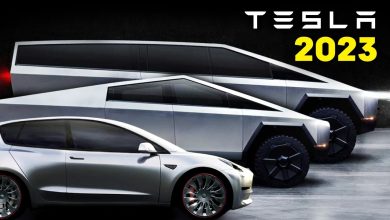In the US, electric cars are about to become home (and grid) backup power devices
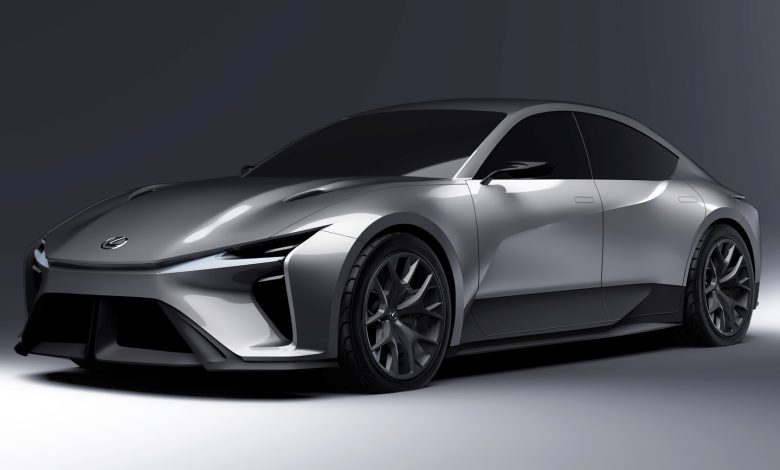
Electric Cars as Home Backup Power Devices
The use of electric cars as home backup power devices is an innovative solution for households in the United States. With power outages becoming more frequent and severe, having a reliable source of backup power is crucial. Electric cars provide a unique solution as they are equipped with large battery packs, which can store energy and provide power to a home during a blackout.
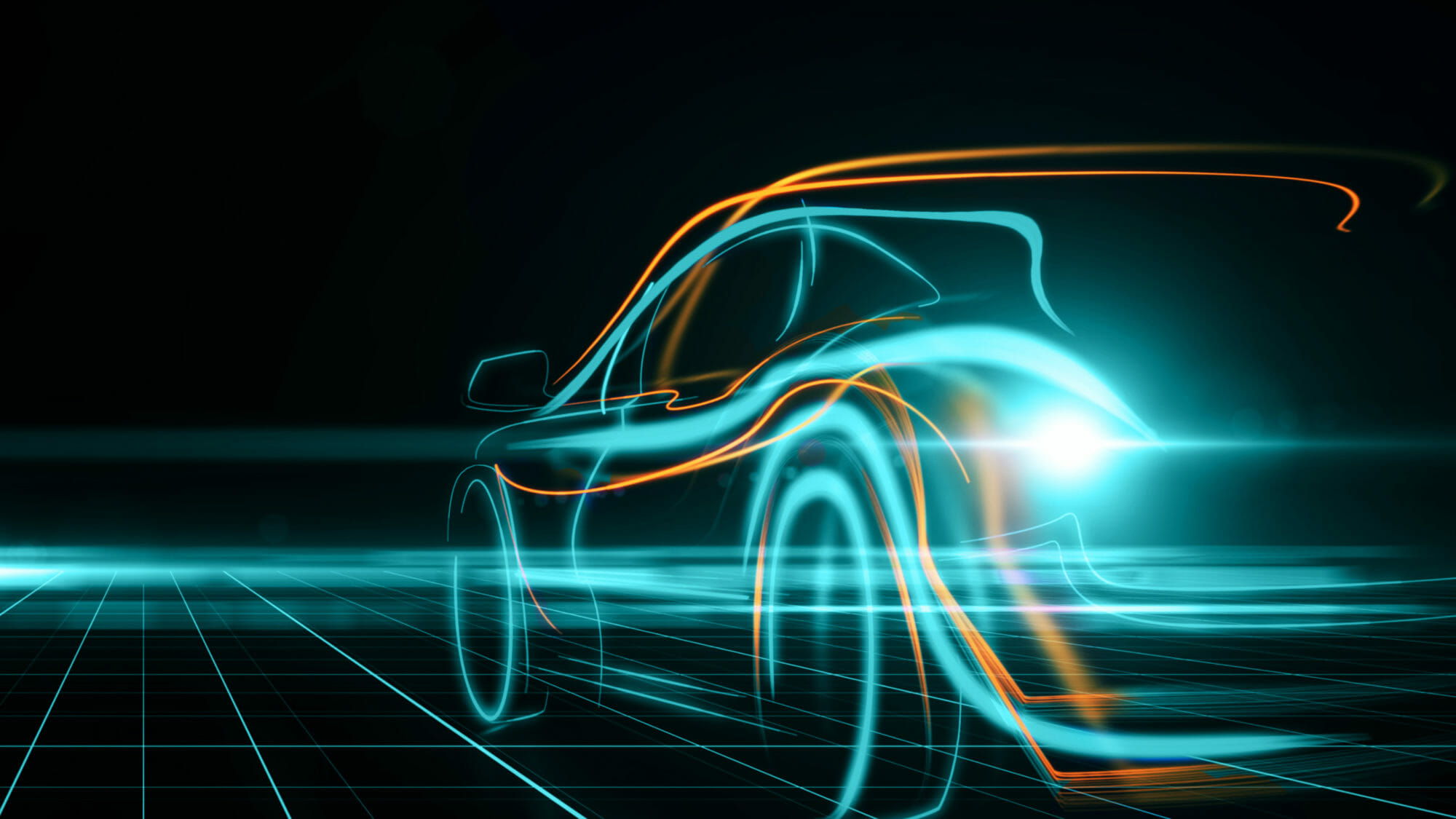
Benefits of Electric Cars as Backup Power Devices
Electric cars offer several benefits as home backup power devices. Firstly, they are environmentally friendly, as they emit no pollutants and produce zero greenhouse gas emissions. Secondly, they are cost-effective compared to traditional backup power sources such as diesel generators, which require ongoing maintenance and fuel costs. Thirdly, electric cars are convenient and easy to use, simply requiring a plug-in to transfer energy from the car’s battery to the home’s power grid.
How Electric Cars Function as Backup Power Devices
When an electric car is plugged into a home’s electrical system, the car’s battery pack can provide power to the home in case of a blackout. The energy stored in the battery can be used to power lights, appliances, and other essential devices for a specified period of time. The exact amount of time will depend on the size of the battery pack and the amount of energy being used in the home.
Choosing the Right Electric Car for Home Backup Power
When choosing an electric car for use as a home backup power device, it is important to consider several factors. Firstly, the car should have a large battery pack with a high energy capacity. Secondly, the car should be equipped with a bi-directional charging system, which allows energy to flow both ways between the car and the home’s electrical grid. Finally, the car should have a reliable and efficient inverter, which converts the DC power stored in the battery to AC power, suitable for use in the home.
Conclusion
Electric cars provide a unique and innovative solution for households in the United States, serving as both transportation and backup power devices. With the benefits of being environmentally friendly, cost-effective, and convenient, electric cars are a smart choice for homeowners looking for a reliable source of backup power.
Electric Cars and the Smart Grid
The integration of electric cars into the power grid is a key component of the smart grid. The smart grid is a modernized electrical grid that uses digital technology to monitor and control the generation and distribution of electricity. The integration of electric cars into the smart grid allows for the bidirectional flow of energy between the car and the grid.
How Electric Cars Contribute to the Smart Grid
Electric cars contribute to the smart grid by serving as both energy consumers and energy providers. When an electric car is charged, it draws energy from the grid, helping to balance the supply and demand for electricity. During periods of low energy demand, the car’s battery can be charged, and the excess energy can be stored for later use. During periods of high energy demand, the stored energy can be returned to the grid, helping to meet the increased energy demand.
Advantages of Integrating Electric Cars into the Smart Grid
Integrating electric cars into the smart grid offers several advantages. Firstly, it allows for the efficient use of energy, reducing the need for new power generation facilities and improving energy security. Secondly, it enables the integration of renewable energy sources, such as solar and wind power, into the grid, reducing greenhouse gas emissions and improving air quality. Thirdly, it provides a new source of revenue for electric car owners, as they can sell excess energy stored in their car’s battery back to the grid.
Challenges of Integrating Electric Cars into the Smart Grid
While the integration of electric cars into the smart grid offers many benefits, there are also several challenges that must be addressed. Firstly, the development of a robust charging infrastructure is crucial for the widespread adoption of electric cars. Secondly, the development of standardized protocols for bidirectional energy flow is necessary to ensure compatibility between different electric car models and the grid. Finally, the implementation of adequate cybersecurity measures is crucial to protect against hacking and other security threats.
Conclusion
The integration of electric cars into the smart grid represents a major step forward in the transition to a more sustainable and secure energy system. With the benefits of improved energy efficiency, increased renewable energy integration, and new revenue opportunities, electric cars are poised to play a major role in the smart grid of the future.

